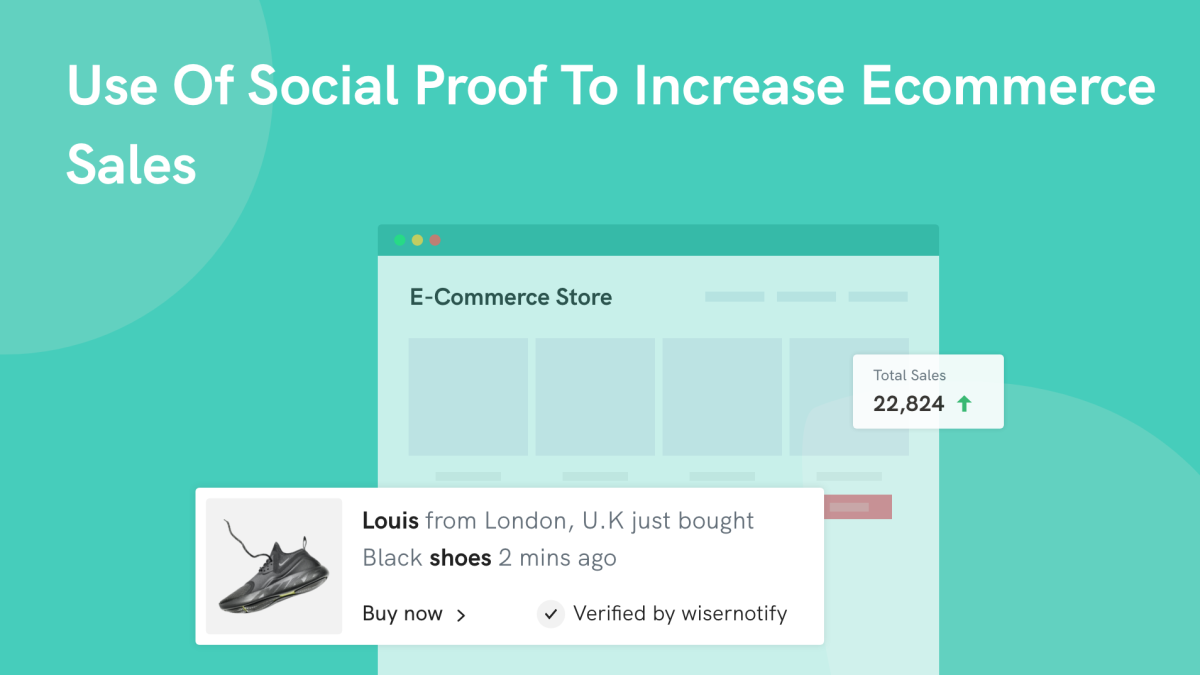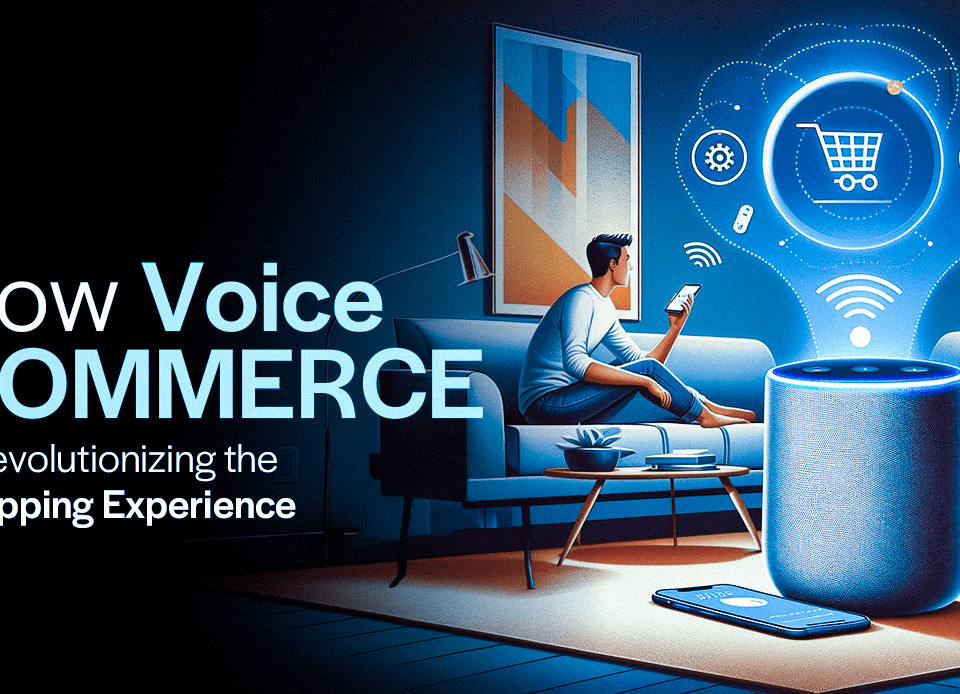- Call Now for a Free Evaluation
- +2347034964068
Harnessing the Power of Social Proof in E-Commerce: A Comprehensive Guide
In the world of e-commerce, where competition is fierce and customer trust is paramount, leveraging social proof can be a game-changer. Social proof, the psychological phenomenon where people copy the actions of others in an attempt to reflect correct behavior, can significantly influence purchasing decisions. This guide will explore how you can effectively harness the power of social proof to boost your e-commerce sales and build a stronger brand presence.
What is Social Proof?
Social proof is the concept that people tend to follow the actions and decisions of others, especially in situations of uncertainty. In e-commerce, social proof can take various forms, such as customer reviews, testimonials, social media endorsements, and influencer partnerships. By showcasing the positive experiences of other customers, you can build trust and credibility with potential buyers.
Types of Social Proof
1. Customer Reviews and Ratings
Customer reviews and ratings are among the most powerful forms of social proof. Potential buyers often look for reviews to gauge the quality and reliability of a product before making a purchase. Displaying honest and detailed reviews can significantly influence purchasing decisions.
Benefits:
- Trust Building: Genuine reviews enhance credibility.
- Increased Conversions: Positive reviews drive higher conversion rates.
- Customer Insights: Feedback helps improve products and services.
2. Testimonials
Testimonials are personal endorsements from satisfied customers, often highlighting specific benefits and experiences. Featuring testimonials on your website can provide prospective customers with confidence in your products.
Benefits:
- Authenticity: Personal stories resonate with potential buyers.
- Brand Loyalty: Testimonials foster trust and loyalty.
- Emotional Connection: Positive experiences create an emotional bond with customers.
3. User-Generated Content
User-generated content (UGC), such as photos, videos, and social media posts created by your customers, serves as authentic social proof. Encourage your customers to share their experiences and feature their content on your site and social media channels.
Benefits:
- Authentic Marketing: UGC is perceived as more genuine than traditional ads.
- Engagement: Increases customer engagement and interaction.
- Community Building: Fosters a sense of community and belonging.
4. Influencer Endorsements
Partnering with influencers who have a strong following in your niche can amplify your reach and credibility. Influencers can showcase your products in an authentic manner, influencing their followers’ purchasing decisions.
Benefits:
- Expanded Reach: Tap into the influencer’s audience.
- Credibility Boost: Influencers’ endorsements build trust.
- Targeted Marketing: Reach a specific, engaged audience.
5. Social Media Proof
Social media proof includes likes, shares, comments, and followers on your social media platforms. A strong social media presence with active engagement signals to potential customers that your brand is popular and trustworthy.
Benefits:
- Visibility: Increased social media activity boosts brand visibility.
- Customer Trust: High engagement levels build trust and credibility.
- Viral Potential: Social proof can lead to viral marketing success.
6. Certifications and Badges
Displaying industry certifications, awards, and trust badges on your website can serve as an additional layer of social proof. These endorsements provide reassurance about the quality and safety of your products.
Benefits:
- Credibility: Certifications enhance trustworthiness.
- Reassurance: Provides an extra layer of security for customers.
- Competitive Edge: Differentiates your brand from competitors.
Implementing Social Proof in Your E-Commerce Strategy
Step 1: Collect and Display Customer Reviews
Encourage your customers to leave reviews by sending follow-up emails after purchases. Display these reviews prominently on product pages, ensuring they are easily accessible to potential buyers.
Step 2: Showcase Testimonials
Identify satisfied customers and ask for testimonials. Feature these testimonials on your homepage, product pages, and dedicated testimonial sections. Include photos or videos to add a personal touch.
Step 3: Encourage User-Generated Content
Run campaigns and contests to motivate customers to share their experiences on social media using branded hashtags. Feature the best content on your website and social media channels.
Step 4: Partner with Influencers
Identify influencers in your niche and reach out for partnerships. Provide them with free products to review and share with their followers. Track the performance of these partnerships to gauge their impact.
Step 5: Leverage Social Media Proof
Highlight your social media engagement by displaying follower counts, likes, and shares on your website. Create shareable content to encourage social media interactions.
Step 6: Display Certifications and Badges
Obtain relevant industry certifications and display them prominently on your website. Use trust badges from reputable organizations to reassure customers of your credibility.
Measuring the Impact of Social Proof
To ensure your social proof strategies are effective, regularly monitor key performance metrics such as conversion rates, engagement rates, and customer feedback. Use tools like Google Analytics and social media analytics to track the performance of your social proof initiatives.
Key Metrics to Track:
- Conversion Rate: Measure the percentage of visitors who make a purchase.
- Engagement Rate: Track likes, shares, comments, and UGC.
- Customer Feedback: Monitor reviews and testimonials for sentiment analysis.
- Sales Data: Analyze sales data before and after implementing social proof strategies.
Conclusion
Social proof is a powerful tool that can significantly enhance your e-commerce strategy. By leveraging customer reviews, testimonials, user-generated content, influencer endorsements, social media proof, and certifications, you can build trust and credibility with potential customers. Implement these strategies effectively to boost engagement, increase conversions, and drive sales for your e-commerce business. Embrace the power of social proof to stay ahead in the competitive e-commerce landscape.





